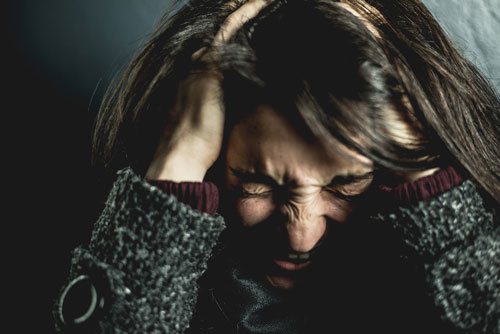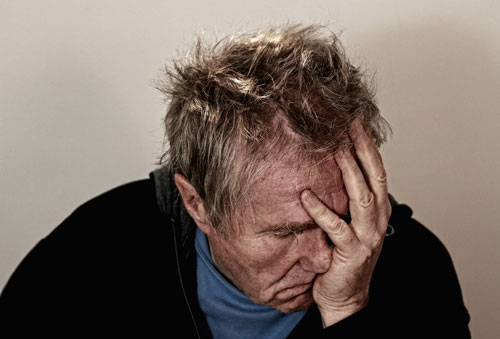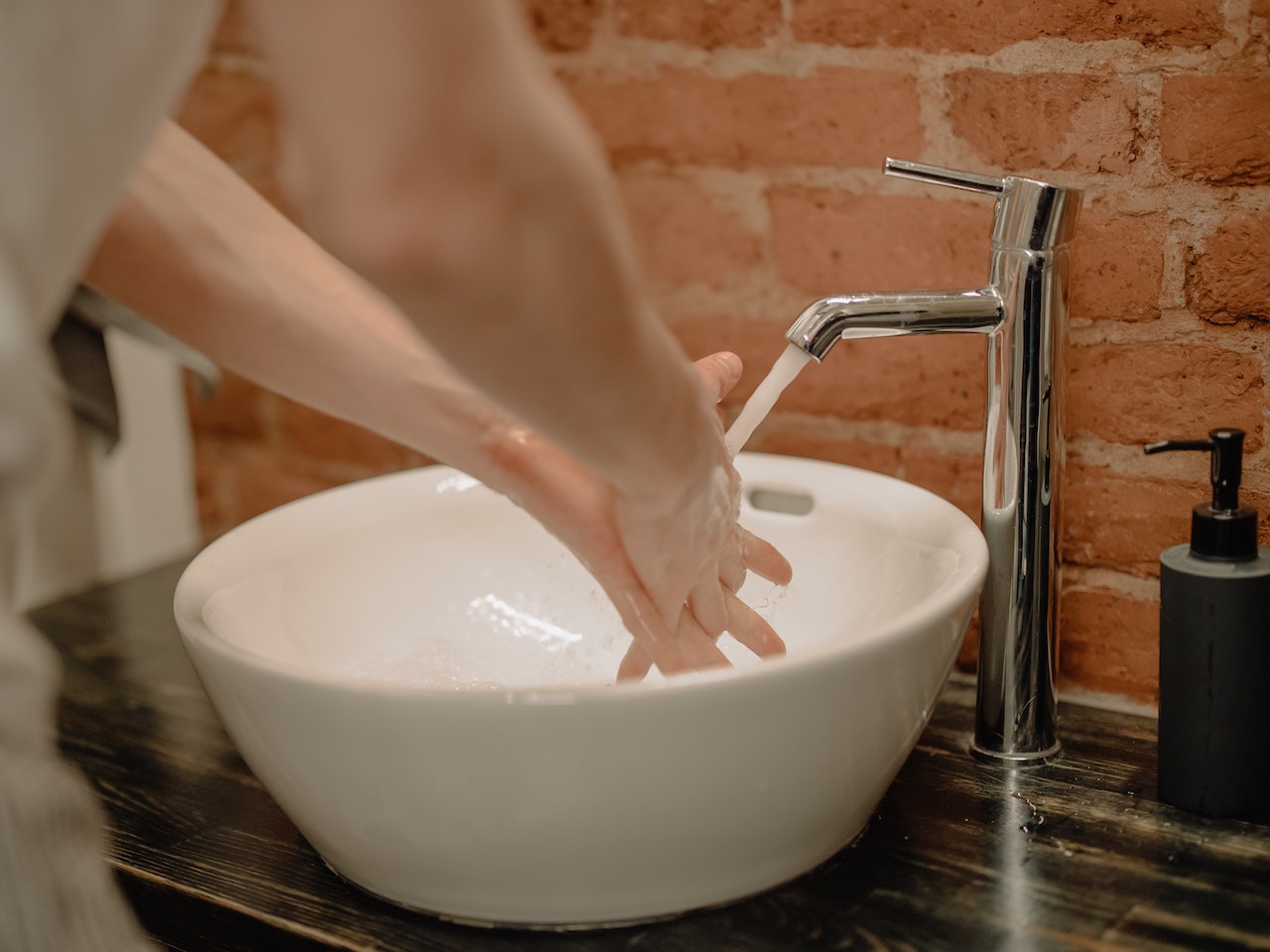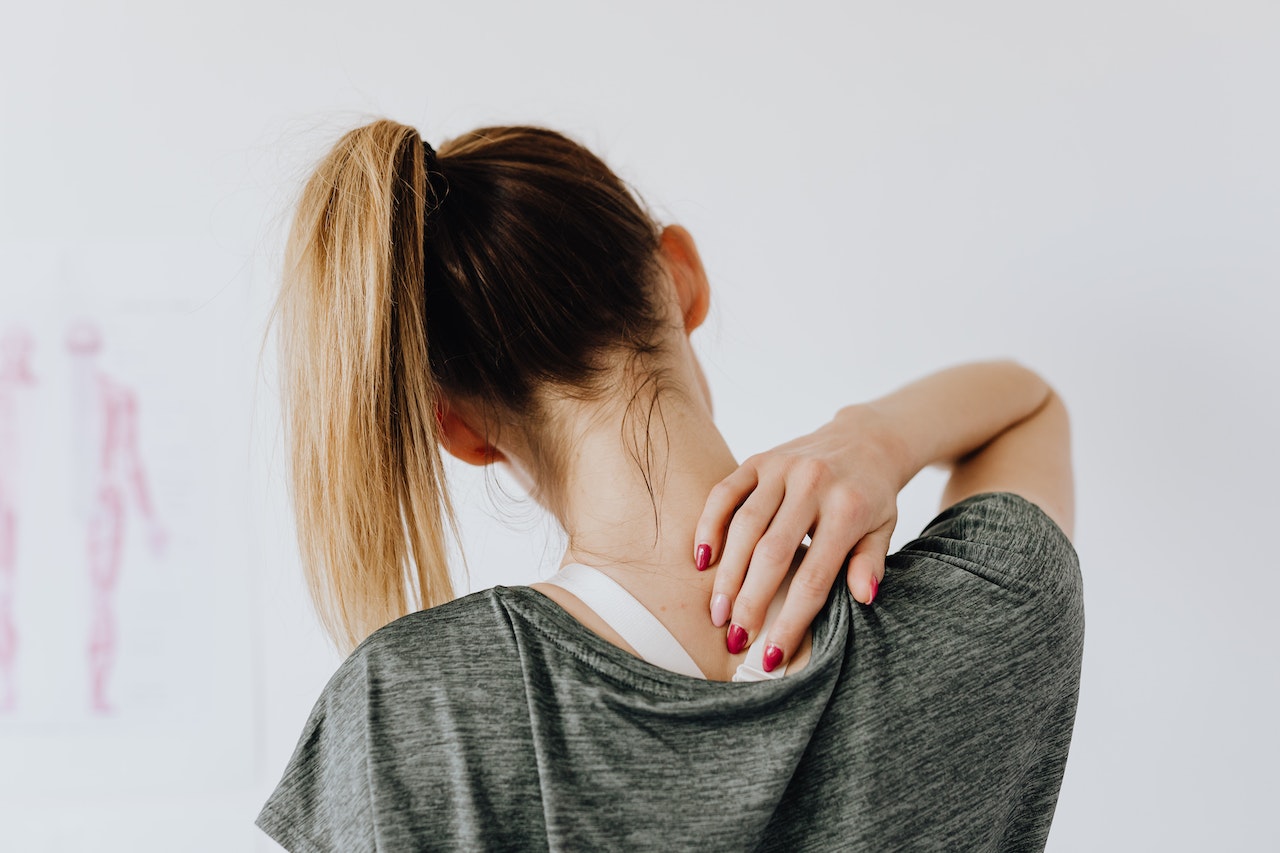NEW HOPE offers ketamine infusion therapy for patients with treatment-resistant mental illnesses. NEW HOPE is proud to provide evidence-based psychiatric treatment for the most difficult to treat cases of major depression, anxiety, bipolar depression, chronic pain and opioid addiction among others.
Patients who come to our clinic have tried other treatments to no avail and are looking for something more revolutionary than the standard protocol. If you or someone you love is suffering from one of these treatment-resistant mental illnesses, we encourage you to reach out to NEW HOPE to learn more about this innovative, effective, evidence-based treatments.
What Conditions are IV Ketamine
Most Effective for?
Ketamine is an innovative, cutting-edge medication for difficult to treat cases of common mental illnesses. Conditions that are effectively treated by ketamine are listed below. If you or a loved one has been diagnosed with one of these conditions, and are not responding well to current treatment, please contact us.

MAJOR DEPRESSION
Major depression is a common medical condition affecting millions of people around the globe. Individuals with major depression often experience depressed mood, sleep disturbances, loss of interest in pleasurable activities, feelings of guilt and hopelessness, among other symptoms. Depression often interferes with work, school and relationships.

BIPOLAR DEPRESSION
Bipolar disorder is a mood disorder that is characterized by mood highs and mood lows that are more intense and longer lasting than the highs and lows of everyday life. The high phase is called hypomania if mild, and mania, if severe. The low phase is called bipolar depression.

GENERALIZED ANXIETY DISORDER
Generalized anxiety disorder (GAD) is characterized by excessive anxiety and worry about real or imagined issues in everyday life. The anxiety is present on most days and is hard to control. Affected persons commonly feel irritable and restless; their concentration is poor and they are easily tired; they may suffer aches and pains in muscles, and frequent headaches; and they may have poor sleep. These symptoms impair activities and efficiency in everyday life. GAD is often present along with one or more other psychiatric disorders, most commonly depression or panic disorder.

POST TRAUMATIC STRESS DISORDER (PTSD)
PTSD is an illness that develops in some people who experience or witness a terrifying and potentially life-threatening event. Examples of such traumatic events are military combat, fires, traffic accidents, and rape; serious medical events may also result in PTSD. Persons with PTSD uncontrollably re-experience the traumatic event in flashbacks and nightmares. They have high anxiety levels and other forms of emotional disturbance.

OBSESSIVE COMPULSIVE DISORDER (OCD)
Obsessive Compulsive Disorder (OCD) is an anxiety disorder characterized by recurring thoughts or “obsessions” and behaviors that the person feels the urge to repeat over and over, which are known as “compulsions.” OCD is a common disorder that can be long lasting and termed as chronic. OCD symptoms impair the activities and ability of individuals to live an everyday life making this illness debilitating to many.

CHRONIC PAIN
Chronic pain is defined as any pain lasting more than 3 months. Whereas acute pain is a normal sensation that alerts us to possible injury, chronic pain is very different. Chronic pain persists—often for months or even longer, outlasting the usual healing process. Other health problems, such as fatigue and sleep disturbance, often accompany chronic pain. The difficulty in carrying out important and enjoyable activities can lead to disability and depression.
Location
New Hope Specialty Clinic
3101 Latrobe Dr
Charlotte, NC 28211
Phone : 704-817-8331
Fax : 704-817-8975
Office Hours
- Monday – 8:30 am – 5:00 pm
- Tuesday – 8:30 am – 5:00 pm
- Wednesday – 8:30 am – 5:00 pm
- Thursday – 8:30 am – 5:00 pm
- Friday – 8:30 am – 5:00 pm
- Saturday – Closed
- Sunday – Closed
